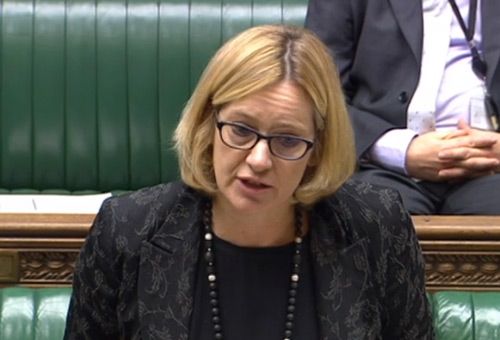
A speech made by the secretary of state for energy and climate change higlighting a new direction for UK energy policy has failed to address the importance of renewable energy in the UK market.
Speaking at the Institution of Civil Engineers last week, the secretary of state, Amber Rudd, announced aims to put consumers first, deliver more competition, reduce the burden on bill payers and ensure enough electricity generation to power the nation.
The proposal highlighted the importance of decarbonisation and moving towards a smarter energy system, focusing on the replacement of coal-powered stations with those fired by gas.
Ms Rudd, said: “I am pleased to announce that we will be launching a consultation in the spring on when to close all unabated coal-fired power stations. Our consultation will set out proposals to close coal by 2025, and restrict its use from 2023. If we take this step, we will be one of the first developed countries to deliver on a commitment to take coal off the system.”
However, Ms Rudd has taken criticism from industry professionals across the board for failing to place a strong enough emphasis on the role of renewables in the replacement of that lost to the closure of coal-powered stations.
Commenting on the speech, Paul Barwell, CEO of the Solar Trade Association said: “Phasing out coal power electricity is of course good news and was expected – this is an essential move. However it makes little sense to replace fossil coal only with fossil gas.
“Solar has grown from providing 0% to the current 2% of UK electricity supply within just the last five years, and could get to 5% by 2020 with very little extra support. There is plenty of room to include solar alongside gas and nuclear in the coal phase out.”
Last month green energy utility Good Energy published a report showing that solar and wind are already helping to reduce wholesale electricity costs. The analysis showed that solar and wind last year brought wholesale electricity prices down by a £1.5bn, and that every gigawatt of solar PV installed brings prices down by £35m per year.
In light of the hostile response to Government cuts to solar earlier this year and recent public support for the industry the intentions of the Government are once again unclear as Ms Rudd still claims to want to focus on technologies that offer the best value for money and are consistent with a “consumer-led, competition focused energy system.”
Mr Barwell continued: “We urge Government to stand fully behind solar power because it meets the affordability and wider security objectives the Secretary of State is setting out today. Solar is also the UK’s most popular source of power and has global growth opportunities no other energy technology can match.”



